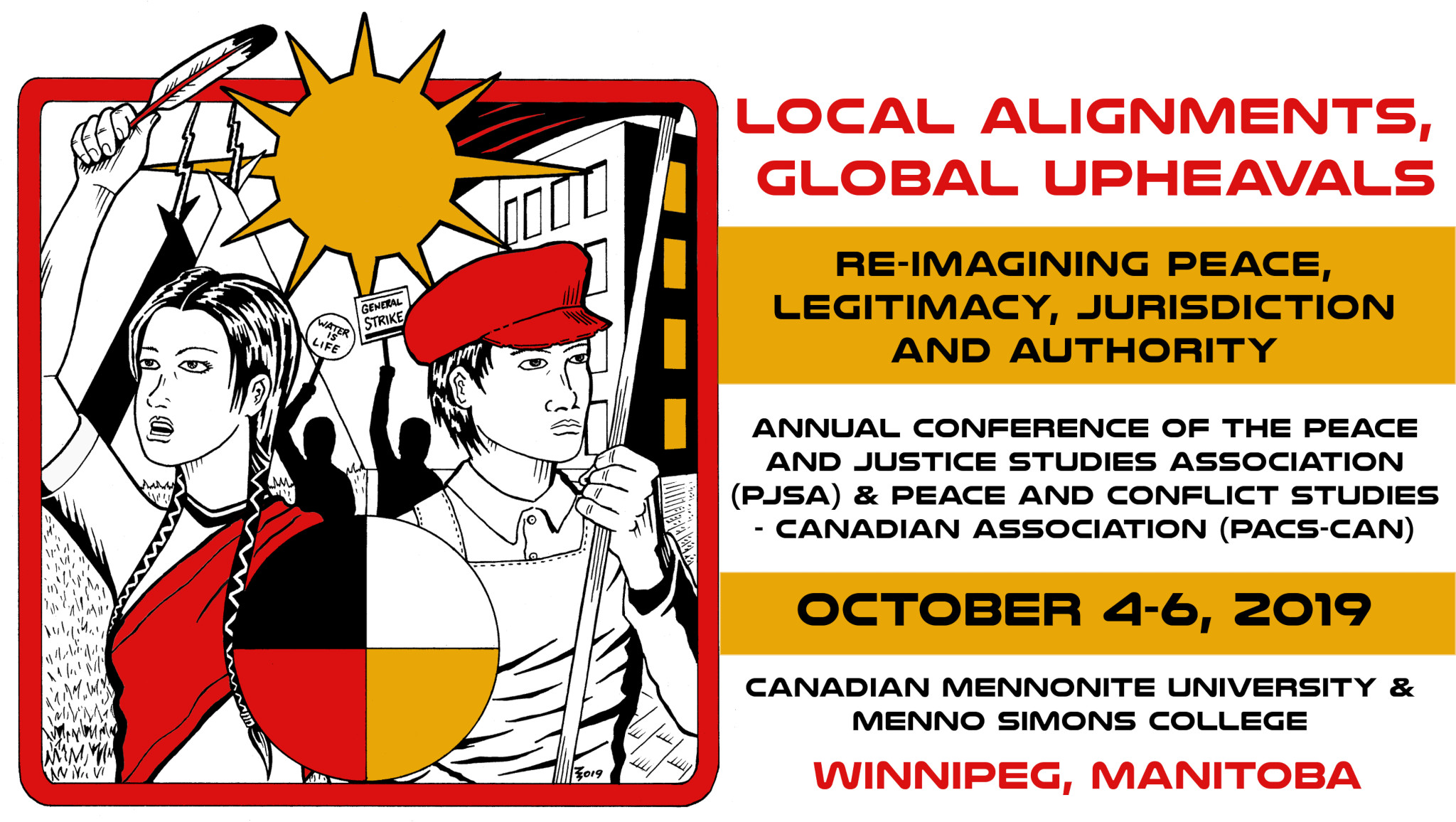“Truthing and Naming Cataclysms, Unspeakables, and Upsurgences through a DeneNde’ Poetics and Politics of Belonging”
Genocide. Misogyny and atrocity against Indigenous women and children. Indigenous non-recognition. Dispossession. Human Trafficking. Carceral worlds. Gulag Walls. Raids. Legalized murder of Indigenous youth. Disappeared generations. Impunity. Turtle Island-Abya Yala Indigenous diasporic refugees. En masse refusal. Collective uprising. Re-imagined resistance. Earth on fire. Sentient Earth beyond humans. Since 2007, as a core organizer, historian, creative, witness, and coordinator of Tamez v. Chertoff (2007) and related Indigenous law cases confronting and holding public criminals to account–for crimes against Indigenous Peoples, I’ve been grateful to be deeply involved in the first and the only individual Native Indigenous challenge to the US Secure Fence Act of 2006–the biggest en masse land grab, in one policy, enacted by the US in its history. In this talk, I will share personal insights as one directly impacted and a first-hand witness to state violence, repression, and suppression of Indigenous women land protection and defenders. My personal storying of knowing and remembering, reveals an understanding of intensified and escalated violence and its psychological, spiritual, and affective impacts. I’ll offer examples of how my views and understanding of violence has been profoundly impacted by Indigenous artists, poets, activists, laws, oral tradition, history, philosophy, internalized anti-Native behaviours plaguing settler and Indigenous communities, and the struggle to confront and dismantle patriarchal Native governance systems which expand capitalism’s reach and violence in Indigenous communities. The Indigenous uprising, resurgence, and revolution is being re-imagined and led by crucial Indigenous actors. The most influential Indigenous actors are not the ‘Indian’ the settler within liberal, leftist, ‘radical’, ‘progressive’, ‘democratic’ tiers of social justice circles were expecting. We’re not only talking back, we’re creating new forms and languages to our own experiences, and truthing and naming the obvious, without apology.

